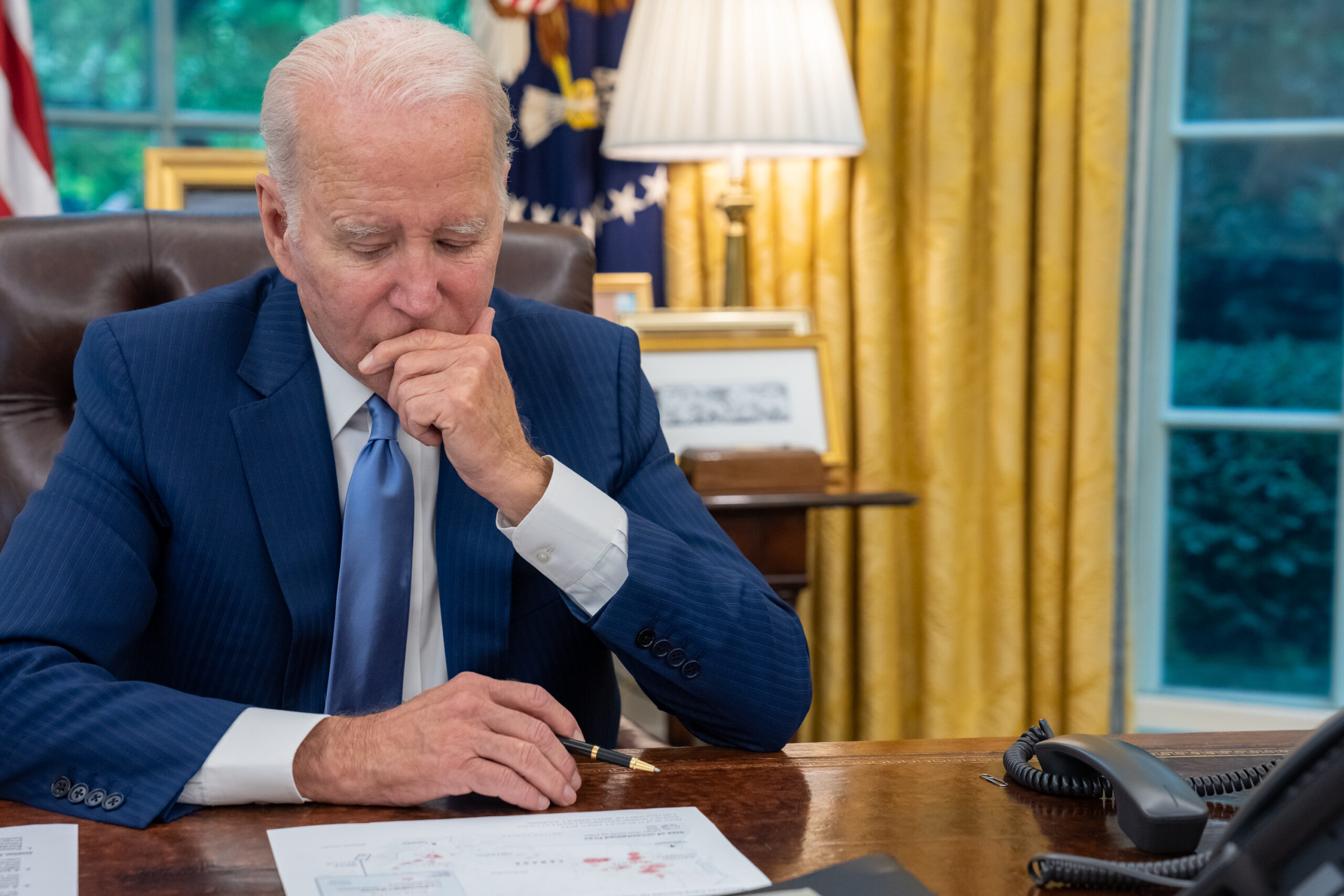Messages from China, India and Russia to Biden

What happened at the summit of the Shanghai Cooperation Organization, the intergovernmental forum created in 2001 by China and Russia and which aggregates India, Pakistan, four Central Asian countries (Kazakhstan, Kyrgyzstan, Tajikistan and Uzbekistan) and the new member Iranian.
The summit of the Shanghai Cooperation Organization, the intergovernmental forum created in 2001 by China and Russia and which brings together India, Pakistan, four Central Asian countries (Kazakhstan, Kyrgyzstan, Tajikistan and Uzbekistan) and the new member Iranian. But by the will of the Indian Presidency, far from eager to meet Vladimir Putin around Delhi, it took place in a virtual format, with a choice that highlights the hiatus between the magniloquent objectives of the organization and the reality of very thesis between its contractors.
SUMMIT YES, BUT ONLY ONLINE
Unlike last year's SCO summit in Samarkand , which had seen all the heads of state meet in Uzbekistan – with Xi Jinping making his first exit outside national borders on that occasion after three years of relegation at home due to Covid – to outline the group's agenda, the Indian rotating presidency preferred to fall back on a more discreet online summit.
As CNN points out, Delhi did not provide any explanation for the decision, except to declare on Tuesday that the virtual format "in no way signifies, suggests or insinuates the minor weight of the objectives" of the summit. However, the Indian reassurances were not enough to compensate for the evidence of a meeting without human contact, which lasted just three hours and culminated in a joint declaration of 5,000 words shorter than the one produced last year in Samarkand.
According to Manoj Joshi, a researcher at the Observer Research Foundation in New Delhi, the reason for the downsizing is clear and refers to the will of the host, Prime Minister Narendra Modi, not to offend "Western sensibilities" who would have been disturbed at the sight of a Putin "prowling" in the Indian capital.
The conviction of Steve Tsang, director of the SOAS China Institute of the University of London, is identical. Interviewed by Cnn , he remarks how the choice of online has prevented leaders like Modi and Xi from being immortalized with a radioactive colleague like Putin.
GOALS OF THE THREE LEADERS
Despite the downgrade, the summit offered the leaders of Russia, China and India another opportunity to pursue their strategic goals, according to the New York Times .
For Putin, it was a question of showing the world that his grip on power after Prigozhin's sensational half-coup is still firm. For his part, Xi Jinping took advantage of it for the usual reproach against the American imperialists and their desire for hegemony. Finally, for Modi, it was an opportunity to highlight the growing international stature of his country.
For the New York Times, the real point of convergence between the three leaders was represented by the possibility of sending a direct signal to the other side of the world, namely to Biden's America: we are united to pursue the design of a new world order at the sign of “multipolarity”.
PUTIN'S LASH
Obviously the tsar has seized the opportunity by doing everything possible to show the Americans that Russia still has solid alliances. As Reuters points out, during his speech Putin thanked the members of the SCO for supporting him in the difficult hours of the Wagner mutiny, also reiterating that Russia will not bow to the West that has placed it under sanctions.
This is why Moscow, Putin remarked, aims to strengthen ties with the SCO and pursue with them the dream of a new world freed from the hegemony of the dollar.
A NEW SINOCENTRIC WORLD ORDER
For the Chinese president, the summit represented yet another chance to propagate his vision of a new world order free from the malign influence of the United States. An order that is based on a "global governance" that is no longer vertical but horizontal and thus better able to promote the modernization of emerging countries and their prosperity.
Obviously, the New York Times points out again, these watchwords are nothing more than "code phrases" to represent a vision of the world whose center is no longer Washington but Beijing.
THE INTERESTS OF INDIA
In the face of the ideological lenses worn by Russian and Chinese leaders, Modi's approach to this SCO summit has been one of pragmatism.
India pays close attention to the countries of Central Asia included in the SCO: the Forum serves it to strengthen relations with its main energy suppliers but also to maintain its influence in a neighboring and problematic country such as Afghanistan, and above all for a compelling reason which is to prevent Central Asia from becoming the exclusive prey of its Chinese rival.
This is why according to Sreeram Chaulia, dean of the School of International Affairs at OP Jindal Global University in New Delhi, despite the cumbersome presence of Moscow and Beijing, "India will not leave the SCO, since this would mean depriving it of a point of support in Central Asia and would concede the Eurasian region to its main adversary, China”.
This is a machine translation from Italian language of a post published on Start Magazine at the URL https://www.startmag.it/mondo/i-messaggetti-di-cina-india-e-russia-a-biden/ on Fri, 07 Jul 2023 07:49:15 +0000.
